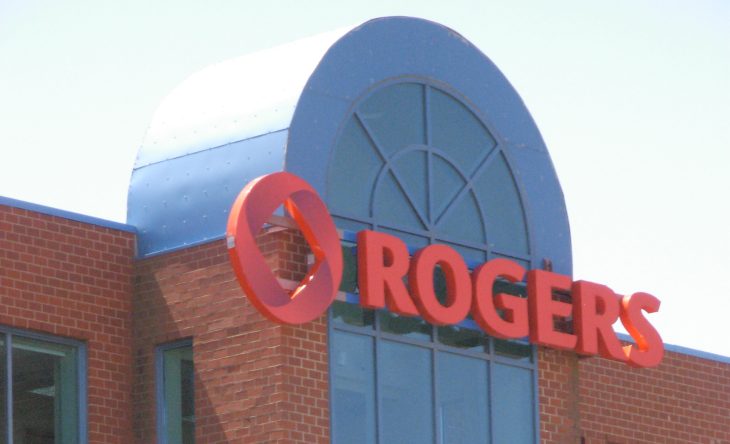
By Ahmad Hathout
OTTAWA – Rogers has told the CRTC that there is no undue preference given to Videotron in its proposed wholesale access agreement.
The Toronto-based company was responding last week to a Part 1 application by independent internet service provider TekSavvy, which is accusing Rogers and Bell of providing to certain competitors preferable network access rates compared to others, who must follow the costs regulated by the CRTC – called off-tariff agreements (OTA).
But in response, Rogers challenged TekSavvy’s knowledge of its deal with Videotron, which has so far been hidden from public view.
“The rates in the pending Rogers-Videotron agreements are not unduly preferential,” Rogers said in its Tuesday response. “TekSavvy admits it has no knowledge of the price or other terms of Rogers’ wholesale agreements with Videotron.”
The CRTC has redacted the part of Rogers’s response which appears to show the rates Videotron would enjoy if Rogers is allowed to acquire Shaw. The parties are waiting for the innovation minister to decide on the transfer of Shaw’s Freedom Mobile to Videotron that would trigger the Rogers acquisition.
“There is therefore no undue preference created under the terms of the OTA negotiated between Rogers and Videotron under the auspices of the Freedom transaction,” Rogers said after laying out the redacted terms.
Rogers added in its submission that TekSavvy’s application is an alleged “backdoor attempt” to reargue the commission’s decision in 2021 that declined to implement the lower wholesale rates it proposed in 2019 because of what it said were costing errors (Bell also alleged these are TekSavvy’s “true goals” with the application). TekSavvy said in its Part 1 that the reason for these OTAs in the market is because of what it calls inflated wholesale rates.
The CRTC is currently reviewing the wholesale rate regime.
TekSavvy has asked the CRTC to either force the large providers to give all competitors the same lower OTAs, or nullify the Rogers deal with Videotron and the alleged deal between Bell and newly-acquired affiliate EBOX.
But Bell is challenging the premise of the argument on the basis that EBOX and Bell are now one and the same corporate entity after the acquisition, therefore, it says, there cannot be an undue preference. It uses the CRTC definition of “affiliate” to mean an entity controlled by another.
“It then follows that TekSavvy’s arguments about Bell exercising undue preference by providing an affiliate with wholesale HSA services over [fibre-to-the-premises], whether in aggregated or disaggregated form, must fail,” Bell said in its submission. “More fundamentally, since Bell Canada and EBOX are the same corporate entity, the same person so to speak, Bell Canada is not providing any telecommunications services, in fact any services at all, to EBOX – there exists no supplier/customer relationship between Bell Canada and Ebox.”
Bell declined to address whether Rogers’s deal with Videotron provides an undue preference. But it also said it is “inappropriate” that TekSavvy is asking for major policy changes — such as access to last-mile fibre of the incumbents and lower wholesale rates — through such an application.
Both Bell, Rogers and Shaw before them have argued that OTAs are not only allowed under the Telecommunications Act, but they are pro-competitive tools and align with the new policy direction to the CRTC that requires the regulator to view decisions through the lens of competition in all forms.
Rogers argued that for such arrangements to be undue, TekSavvy would have to establish that it would be a detrimental to the public interest and competition. Rogers said it OTAs would not do these things.
Rogers also dug up alleged comments made by TekSavvy in previous CRTC proceedings endorsing the use of OTAs.
“Although we object to negotiation with an arbitration backstop as the sole method of determining wholesale rates, we have no objection to, and actually endorse, the status quo continuing, under which wholesale service providers and customers can voluntarily agree to off-tariff arrangements, so long as the mandatory tariffed backstop continues to be present,” Rogers quoted TekSavvy as saying.
Bell said that it has historically engaged in “hundreds” of OTAs; Shaw said there have been “dozens” since 2015.


